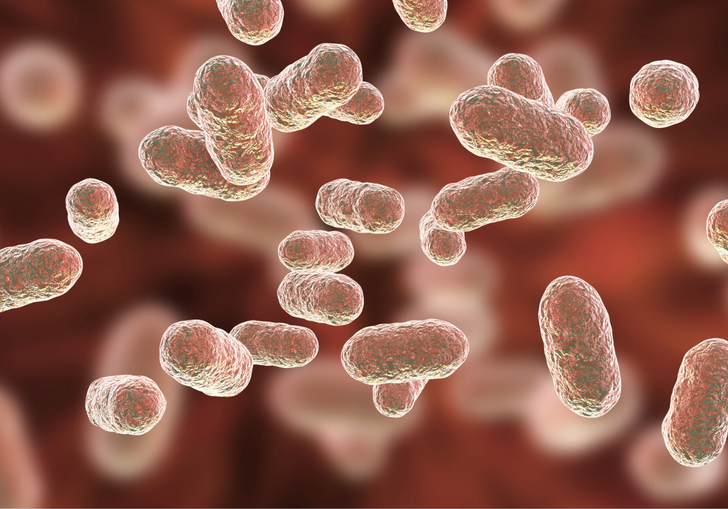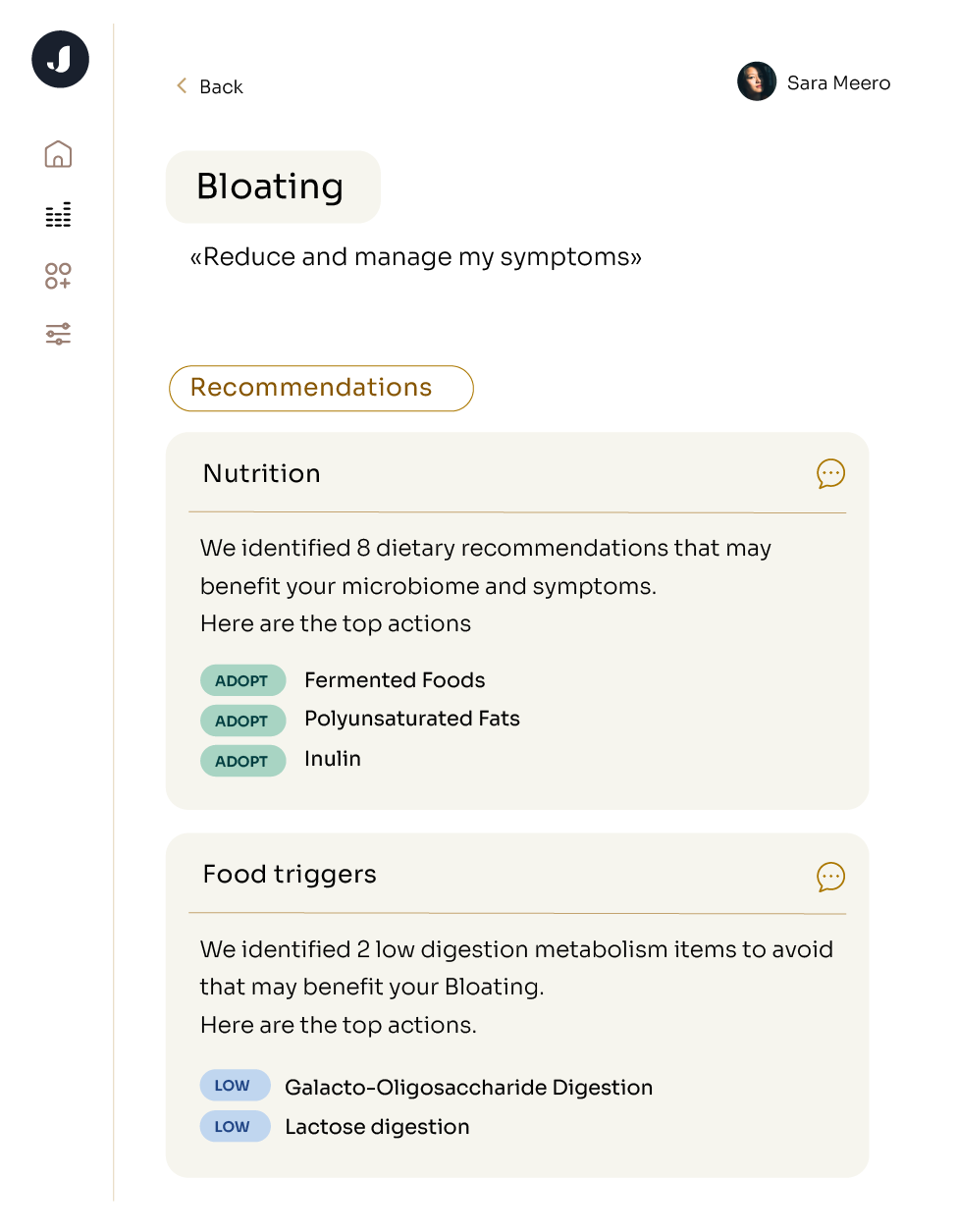Davenport, T. H., & Beck, J. C. (2001). When to trust your gut. Harvard Business Review, 79(2), 54–61. https://hbr.org/2001/02/when-to-trust-your-gut
Elsenbruch, S., Rosenberger, C., Bingel, U., Forsting, M., Schedlowski, M., & Gizewski, E. R. (2010). Patients with irritable bowel syndrome have altered emotional modulation of neural responses to visceral stimuli. Gastroenterology, 139(4), 1310–1319. https://doi.org/10.1053/j.gastro.2010.06.054
Holzer, P. (2022). Gut signals and gut feelings: Science at the interface of data and beliefs. Frontiers in Behavioral Neuroscience, 16, Article 929332. https://doi.org/10.3389/fnbeh.2022.929332
Icenhour, A., Witt, S. T., Elsenbruch, S., Lowén, M., Engström, M., Tillisch, K., Mayer, E. A., & Walter, S. (2017). Brain functional connectivity is associated with visceral sensitivity in women with irritable bowel syndrome. NeuroImage: Clinical, 15, 449–457. https://doi.org/10.1016/j.nicl.2017.06.001
Tillisch, K., Mayer, E. A., & Labus, J. S. (2011). Quantitative meta-analysis identifies brain regions activated during rectal distension in irritable bowel syndrome. Gastroenterology, 140(1), 91–100. https://doi.org/10.1053/j.gastro.2010.07.053
Clark, C. L., Taylor, M. B., Ellingrod, V. L., & Treadway, M. T. (2020). The gut microbiome and mental health: Advances in research and emerging priorities. Molecular Psychiatry, 25(4), 878–888. https://doi.org/10.1038/s41380-019-0561-6




